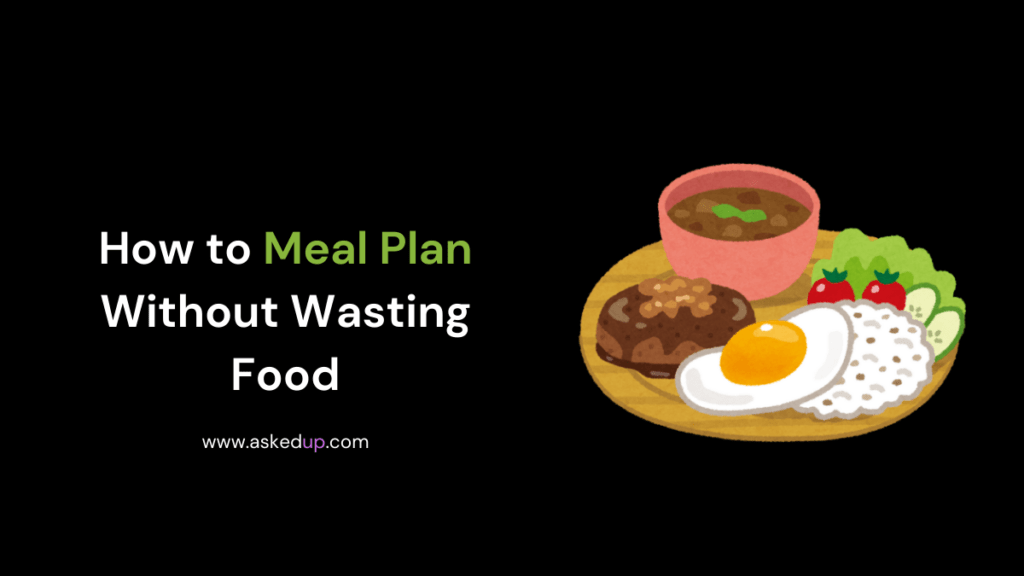Meal planning offers numerous benefits, such as saving money and time. However, without proper planning, you may end up wasting food, which can be costly and harmful to the environment. This article will guide you through the process of meal planning while minimizing food waste.
Take Inventory Before Shopping
Before heading to the grocery store, take a thorough inventory of your pantry, refrigerator, and freezer. Make a list of the items you already have on hand. This step will help you avoid buying duplicates and ensure you use up what you have before it goes bad.
Plan Meals Around Perishable Items
Fresh produce, meats, and dairy products tend to spoil more quickly than non-perishable items. When meal planning, start by building your meals around the perishable items you already have. This approach will help you use up those items before they go bad.
Make a Grocery List
After reviewing your inventory and planning meals around perishable items, make a grocery list. Stick to the list when shopping to avoid impulse purchases that may go unused.
Consider Portion Sizes
When planning meals, be mindful of portion sizes. Overestimating portions can lead to excess food waste. Use serving size guidelines to plan appropriate portions for each meal.
Incorporate Leftovers
Leftovers can be a valuable resource in meal planning. Plan to incorporate leftovers into future meals or pack them for lunches. This approach will help you make the most of the food you’ve already prepared.
Freeze Extras
If you find yourself with excess portions or leftovers that you won’t be able to consume in a timely manner, consider freezing them. Freezing food can extend its shelf life and prevent waste.
Use Scraps and Trimmings
Many food scraps and trimmings, such as vegetable tops, stems, and peels, can be used in soups, stocks, or compost. Instead of throwing them away, find creative ways to utilize them in your meal planning.
Understand Food Expiration Dates
It’s important to understand the difference between “best by,” “use by,” and “sell by” dates. Many foods can still be safely consumed after the “best by” date, but should be consumed or frozen by the “use by” date.
Store Food Properly
Proper food storage can significantly extend the shelf life of many items. Store produce, meats, and dairy products according to their specific storage requirements to maximize freshness and minimize waste.
Get Creative with Ingredients
Don’t be afraid to get creative with ingredients. Substitute or swap out items based on what you have on hand. This flexibility can help you use up ingredients before they go bad and reduce waste.
Discover: How To Make Hydration A Habit
By following these tips, you can effectively meal plan while minimizing food waste. Not only will this approach save you money, but it will also contribute to a more sustainable and environmentally friendly lifestyle.


